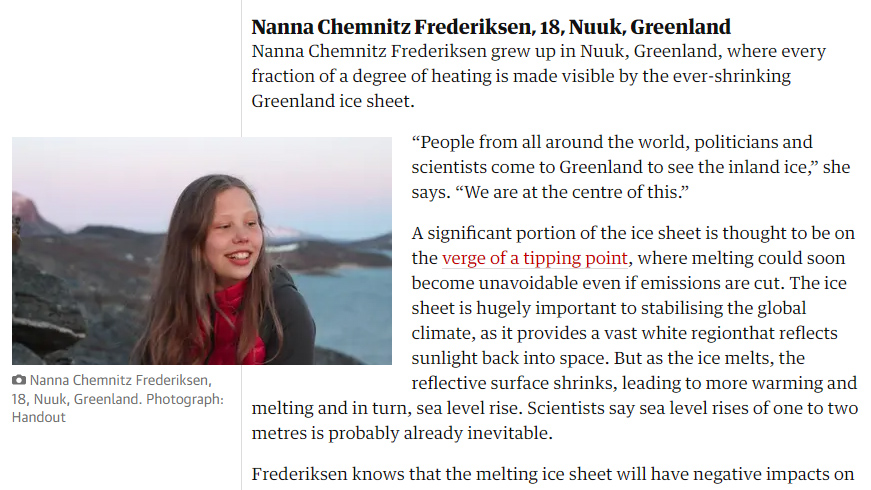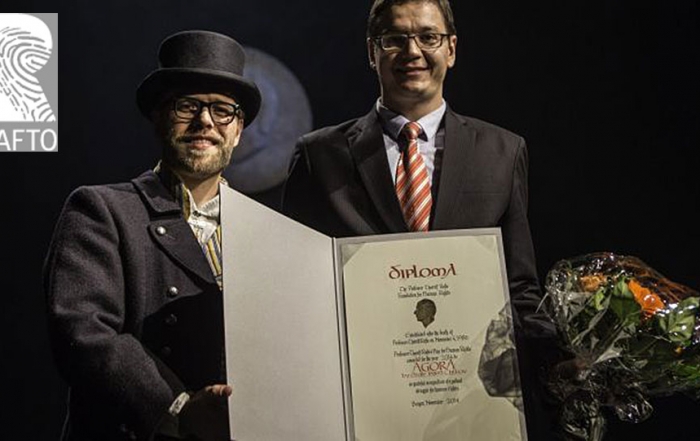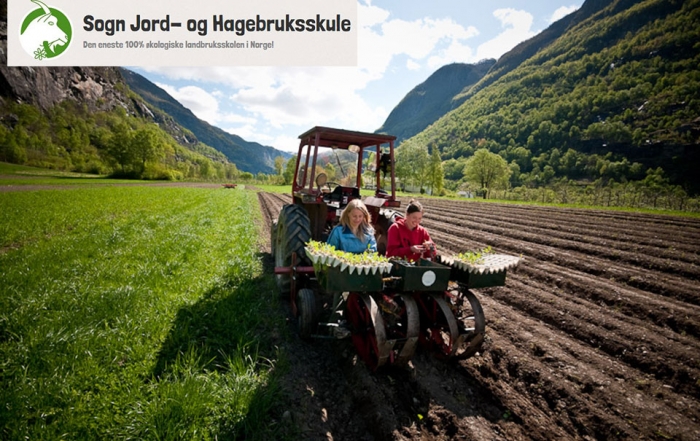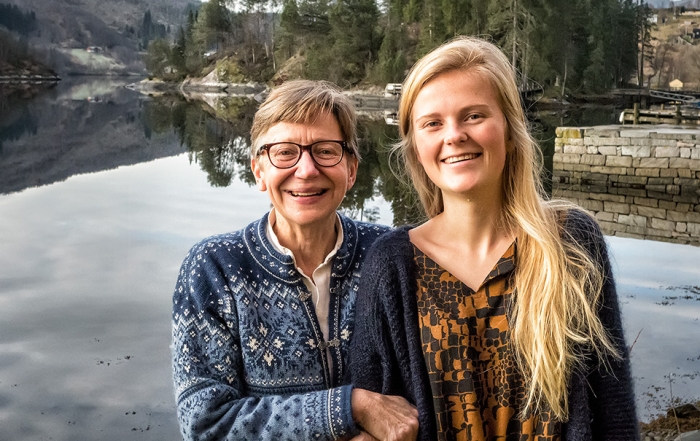“People from all around the world, politicians and scientists come to Greenland to see the inland ice,” she says. “We are at the centre of this.”
A significant portion of the ice sheet is thought to be on the verge of a tipping point, where melting could soon become unavoidable even if emissions are cut. The ice sheet is hugely important to stabilizing the global climate, as it provides a vast white region that reflects sunlight back into space. But as the ice melts, the reflective surface shrinks, leading to more warming and melting and in turn, sea level rise. Scientists say sea level rises of one to two metres is probably already inevitable.
Frederiksen knows that the melting ice sheet will have negative impacts on communities across Greenland, especially in northern settlements such as Qaanaaq where permafrost melting is destabilizing homes and roads and impacting how fishers and hunters operate.
But her real concern lies on the impact it will have globally. “I am not so scared of what the effects of the melting of ice in Greenland will be,” Frederiksen says, “It scares me what effect it can have for the rest of the world.”
Latest News
Rafto Prize 2014
A group of RCN students led by history teacher Erik Pedersen was granted the privilege to attend the annual Rafto Conference preceding the Rafto Prize 2014 Award Ceremony. Dedicated to the global promotion of human [...]
Cooperations
UWC Red Cross Nordic and Sogn Jord og Hagebruksskule have recently signed a Memorandum of Understanding. The two institutions share a common understanding about environmental issues and we are both working towards a sustainable future [...]
Philosophy Essay Prize
Medalists of the Baltic Sea Philosophical Essay Event 2014/15, held each year by Baltic countries on the UNESCO World Philosophy Day, were announced yesterday. Students from 16 countries participated in this essay competition with 160 essays [...]




